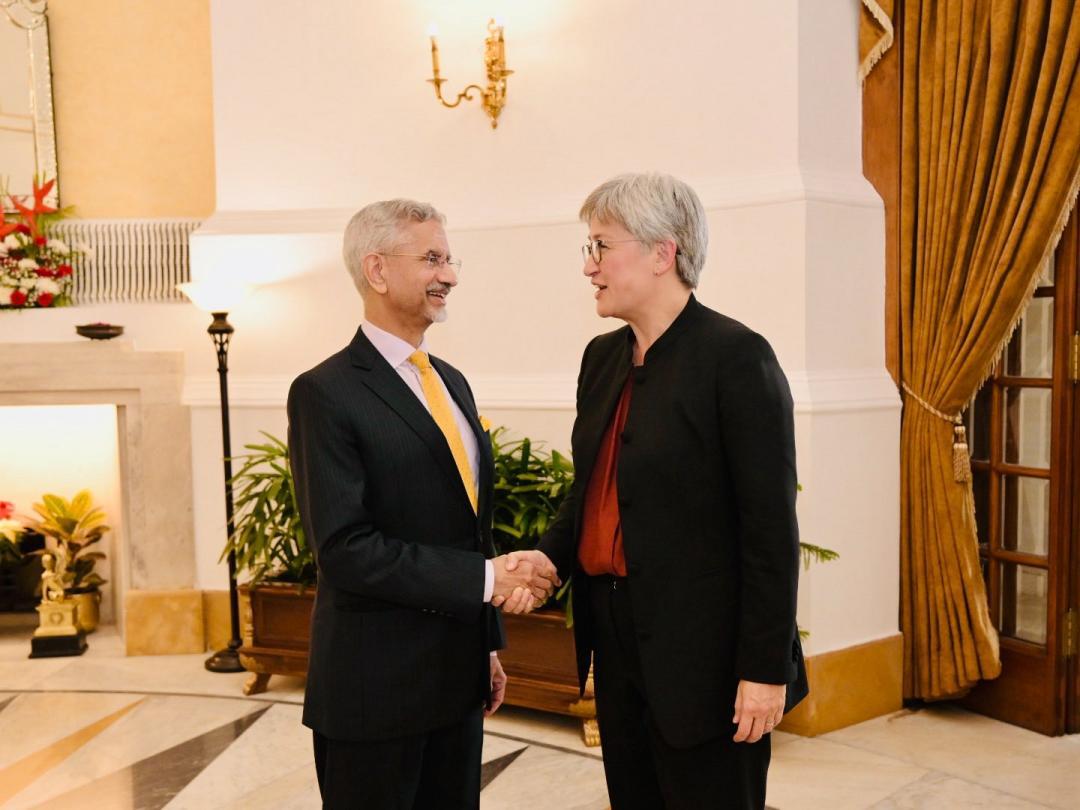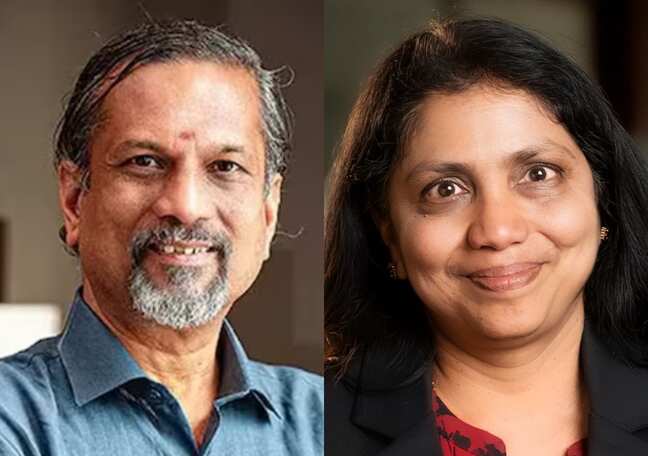
You’ve beaten us in both Men’s & Women’s Cricket,’ Australia leader jokes with Jaishankar
In a lighthearted moment during a meeting between two of the world’s most prominent diplomats, Australia’s Foreign Minister Penny Wong jokingly acknowledged India’s dominance in cricket. Wong met with India’s External Affairs Minister S Jaishankar and couldn’t resist taking a playful jab at India’s recent cricketing victories over Australia. “You’ve beaten us in both Men’s and Women’s Cricket,” she quipped, drawing attention to India’s impressive performances in the sport.
This meeting marked a significant occasion, as Wong noted that Jaishankar is the minister she has met most in her current role. The frequency of their interactions underscores the strong diplomatic ties between Australia and India, with both nations actively engaging in dialogue to foster cooperation and mutual understanding. The exchange highlights the personal rapport between the two leaders, who can engage in good-natured banter despite their busy schedules and the weight of their responsibilities.
The context of Wong’s comment is particularly interesting, given the recent cricketing history between the two nations. In October, the Indian women’s cricket team stunned Australia in the semifinal of the 2025 Women’s World Cup, securing a memorable victory that sent shockwaves throughout the cricketing world. This triumph was followed by the Indian men’s team, which won a T20I series against Australia in November. These back-to-back victories have undoubtedly left a mark on the sporting psyche of both nations, with India basking in the glory of its cricketing successes.
Wong’s jest about India’s cricketing prowess is more than just a passing comment. It reflects the deep-seated passion for the sport that is shared by both Australia and India. Cricket is an integral part of the cultural fabric in both countries, with the sport often serving as a common language that transcends geographical and diplomatic boundaries. By acknowledging India’s recent cricketing victories, Wong is, in a way, acknowledging the shared values and interests that underpin the Australia-India relationship.
The meeting between Wong and Jaishankar also highlights the evolving nature of diplomatic interactions in the modern era. Gone are the days of staid, formal exchanges between world leaders. Today, diplomats are more likely to engage in informal, conversational dialogue that reflects their personalities and the cultural contexts in which they operate. Wong’s comment about cricket is a case in point, as it injects a sense of humor and humanity into an otherwise formal meeting.
Beyond the realm of sports, the Australia-India relationship is poised for significant growth and cooperation in the coming years. Both nations are committed to strengthening their economic, strategic, and cultural ties, with a focus on promoting mutual understanding and cooperation in areas such as trade, defense, and education. The frequent interactions between Wong and Jaishankar are a testament to the priority that both nations place on their bilateral relationship.
As the world becomes increasingly interconnected, the importance of diplomatic relationships cannot be overstated. The ability of leaders to engage in open, honest, and often humorous dialogue is crucial in building trust and fostering cooperation between nations. In this context, Wong’s comment about India’s cricketing victories serves as a reminder that even in the rarefied world of diplomacy, there is always room for humor and lightheartedness.
In conclusion, the meeting between Penny Wong and S Jaishankar highlights the strong diplomatic ties between Australia and India, as well as the personal rapport between the two leaders. Wong’s joke about India’s cricketing victories is more than just a passing comment; it reflects the shared passion for the sport that exists in both nations and underscores the importance of humor and informality in diplomatic interactions. As the Australia-India relationship continues to evolve, it will be interesting to see how both nations build on their shared interests and values to promote mutual understanding and cooperation.






